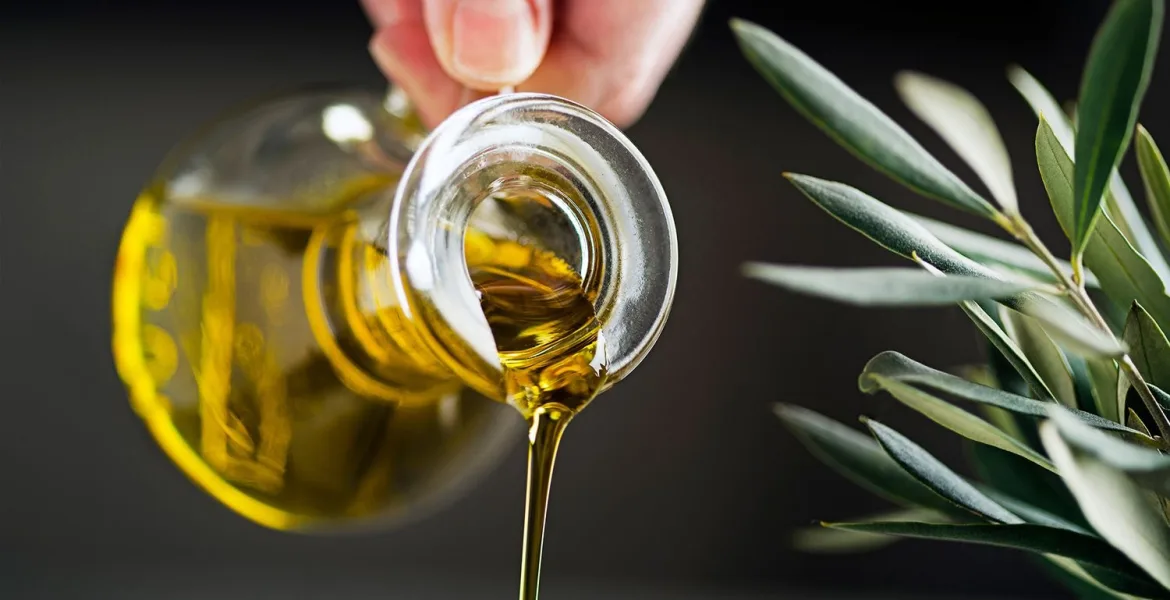How valid are they, and what should we believe about cooking with olive oil? Giannis Karvelas gives answers and dispels wrong beliefs.
1. Does olive oil age over time like wine?
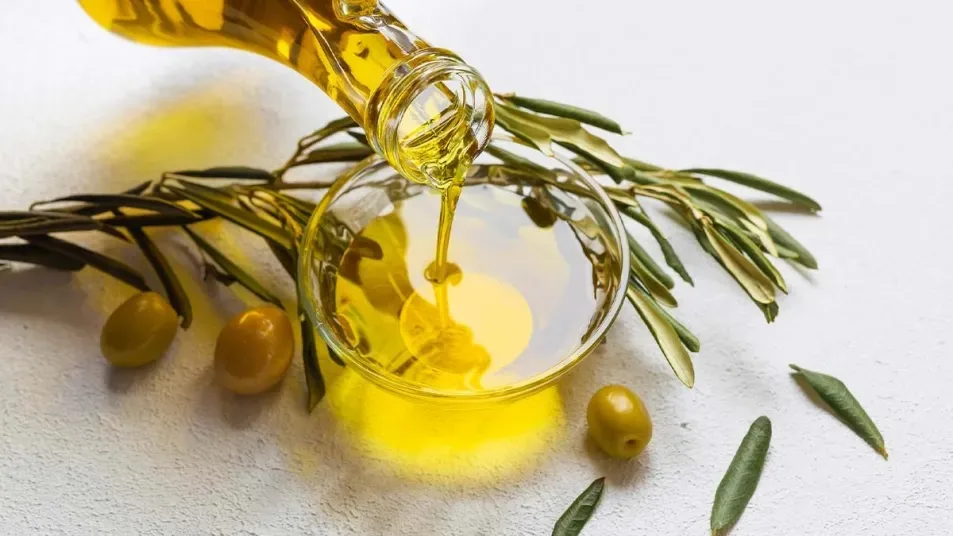
Extra virgin olive oil, like all oils, does not age. On the contrary, the countdown to its life begins when we cut the fruit from the tree. Good practices must be implemented in cultivation, harvesting, transport to the mill, in the mill, in storage, and even by the consumer to have real olive juice for several months without chemical or organoleptic defects.
We will only get something from an olive oil packaged last year or the year before. After all, olive oil is also used as a food preservative. But the point is to keep the extra virgin status, i.e. to have an excellent aroma and taste.
2. Should we only cook with extra virgin olive oil?
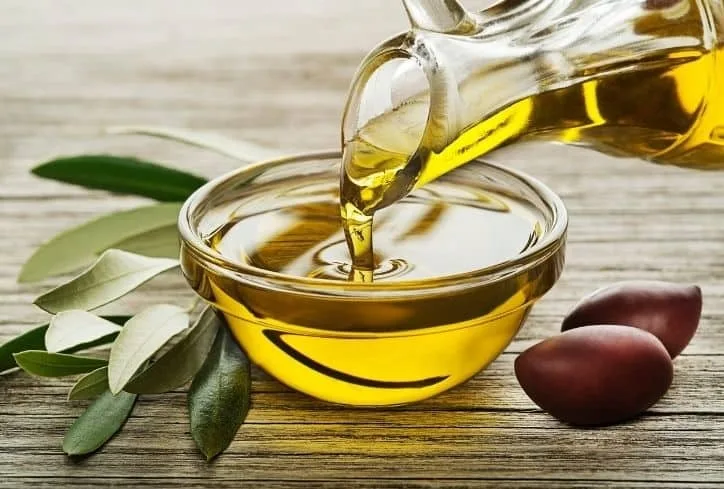
The rich content of extra virgin olive oil in monounsaturated acids and vitamin E makes it particularly resistant to high temperatures. Research even states that extra virgin olive oil is up to five times more resistant to high temperatures than seed oils (when the oil cannot withstand high temperatures, it breaks down into products that are harmful to health). The natural antioxidants of extra virgin olive oil help absorb vitamins while at the same time protecting the body from free radicals and cholesterol.
3. Is cooking with another category of olive oil allowed?
Proven, extra virgin olive oil is safe, especially for home cooking where it reaches 180°C and does not exceed 220°C, so no trans fats are formed. Alternatively, for cost reasons, the use of olive oil (a mixture of refined olive oil and edible virgin olive oil) or pomace oil is allowed in cooking. But we must not forget that the better the profile of the olive oil we choose, the more nutritious the cooked food.
4. Tips for using extra virgin olive oil in cooking
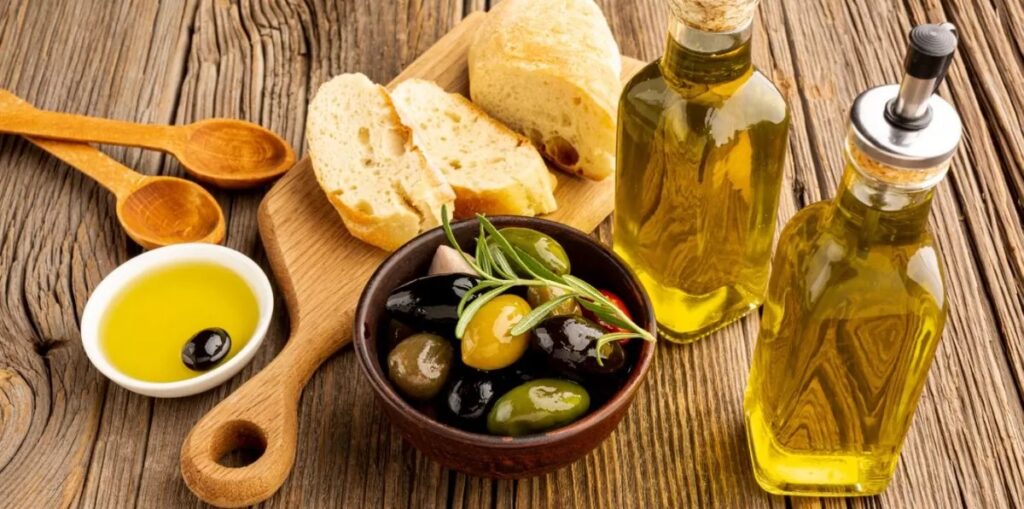
Experts consider an appropriate cooking temperature for extra virgin olive oil to be 160°-180° C. That is, at 3/4 of the scale of your kitchen, just above the middle.
•Especially for frying, even if you use the "extra virgin olive oil", you must not exceed 15-20 minutes at 180° C. The rest, e.g. seed oils, do not last as long at this temperature.
• As for seed oils, even lower temperatures than olive oil (below 160° C) are recommended since they cannot withstand high temperatures.
• At a temperature above 180° C, they break down into products harmful to health. Studies have proven that even carcinogenic toxins will likely be produced under certain conditions (high temperatures, long frying time). This is also the reason why it is better not to fry food. But we can sauté or steam them and not let the olive oil "burn".
• How many times can we finally use the same "oil"? And then how is the used one recycled? According to experiments conducted from time to time, three frying are recommended as the limit for changing extra virgin olive oil, "olive oil - a mixture of refined olive oil and edible virgin olive oil", or pomace oil in the pan or fryer. However, "extra virgin olive oil" lasts longer. This applies if the temperatures and frying times mentioned are respected.
• If you use seed oil in the fryer, pay attention to the following:
a) Do not add new oil to the oil already used because it has oxidised.
b) At most, the seed oil should be changed every one or two fryings.
• If any oil is used many times, it oxidises, i.e. its components are significantly altered, and free radicals are created, which are related to cardiovascular diseases and even carcinogenesis.
• Regarding the colour of the food after frying, which, probably with the extra virgin, comes out a little darker than the seed oil, I will ask a question. What comes first? Health or color? Extra virgin olive oil is not just a fatty substance. It is a health-protective product, a basic component of the Mediterranean diet, which, in addition, adds to the food and increases the taste. The expansion of its use outside of cooking and into confectionery makes it a valuable ingredient in any dish. Special companies do recycling of used oils.
5. Does olive oil need to be aired? How should it be kept in the home kitchen?
Extra virgin olive oil is eaten fresh. And we must be trained in it. But how do we keep it fresh? How can we slow its "decline"? Four are the main quality parameters of olive oil during its storage:
1) Oxygen
2) Light
3) Temperature
4) Material that comes into contact during storage.
It is, therefore, understood that it is stored so that it does not come into contact with air (oxygen). For this reason, it is recommended that our olive oil be stored in stainless steel containers with a tap at the bottom from where the extra virgin olive oil will be taken. Alternatively, we store the extra virgin olive oil in opaque bottles away from natural light.
If we buy in a large container, when we open it, we transfer it to smaller glass or stainless steel bottles and store it in the coldest part of our house. We also pay great attention to odours and cleanliness since olive oil absorbs odours like a sponge. So, away from cleaning agents, chemicals, garlic, onions, etc.
As soon as they are emptied, the empty containers must be washed very well with hot water and steam because the remains of the olive oil on the walls go rancid and contaminate the fresh extra virgin olive oil.
6. Is olive oil better kept in the refrigerator or the freezer?

Ideally, the storage temperature should be between 10° C and 17° C; a cool basement is ideal. After all, there is no room in the refrigerator (and there is no need) for the annual amount of a family. If there is no possibility of long-term storage in a cool place, we buy a small quantity for immediate consumption.
7. Does the colour of the olive oil matter?
Colour tells us absolutely nothing. A few extra olive leaves alone give a virgin olive oil a deceptively deeper green colour that most think indicates higher quality! However, the chlorophyll the leaves have in the presence of light helps to turn the olive oil rancid.
Even the experienced testers and tasters of olive oil must try their samples in dark blue glasses so as not to be influenced by the colour of each piece.
8. When bitter or spicy, is it good?

We must learn that bitter, spicy, and fruity are the three positive organoleptic qualities of extra virgin olive oil. Fortunately, in our country, there are many varieties with different intensities, bitter and spicy, but also fruity, which can cover every taste of the consumer.
But remember that the antioxidant substances due to the polyphenols of the extra virgin olive oil have a beneficial antioxidant effect both for the product itself and the consumer's health.
9. Can we mix it with seed oil?
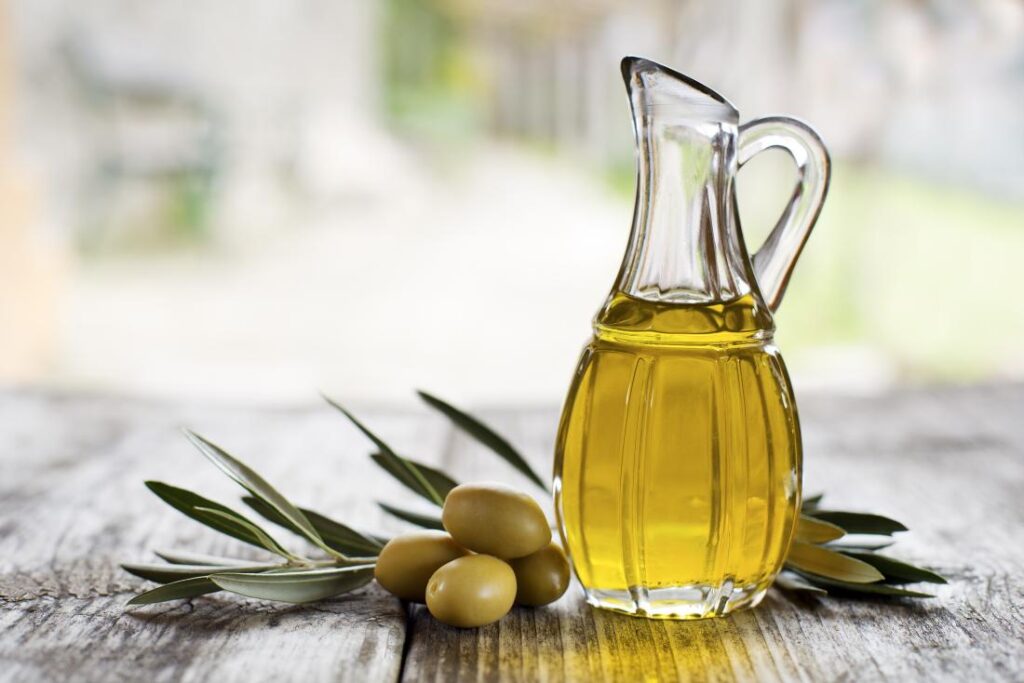
It is prohibited at the production level. But why do it? We have nothing to gain. Instead, we spoil the product.
Seed oils contain polyunsaturated fatty acids, while the advantage of extra virgin olive oil is due to the large amount of monounsaturated acids, which have a double bond and are pretty stable to oxidation.
10. Which region makes the best oil?
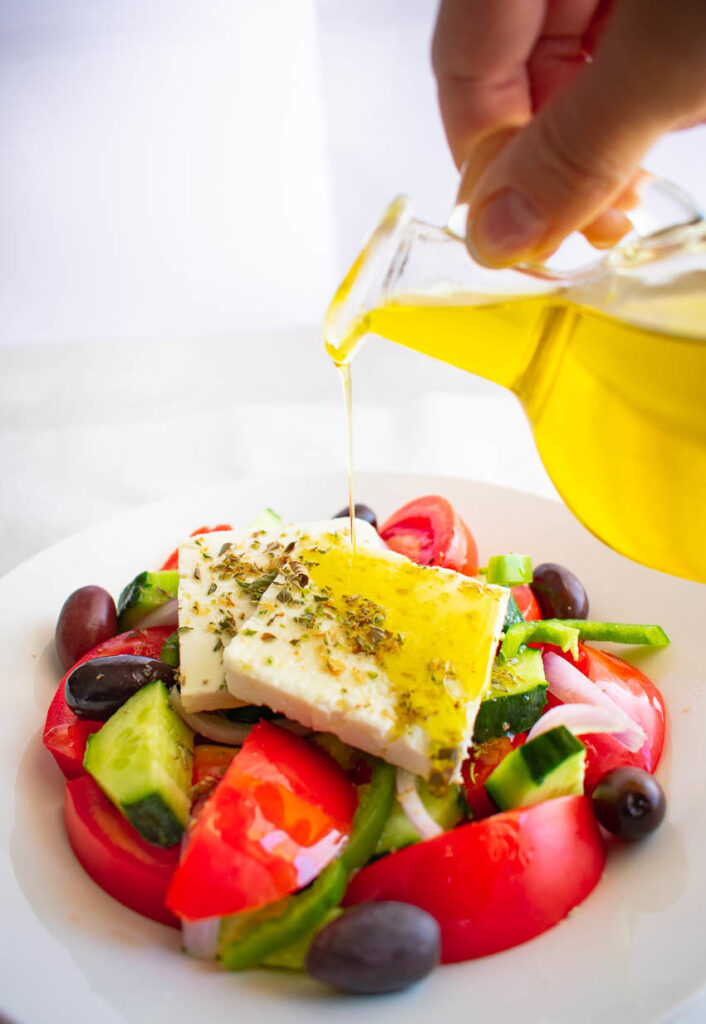
But my field! Or my village! Everyone will tell you bluntly without, of course, having tried another sample.
In Greece, we have excellent varieties and regions with amazing results.
In addition to the well-known koroneiki, which is cultivated everywhere, but mainly in the southern Peloponnese and Crete, I have tried excellent samples from Makris in Alexandroupoli, Manaki in Corinthia and Argolis, Megaritiki in Attica, Kolobi & Adramytini in Lesbos, Galano and Chondrolia in Halkidiki, Tsounati in Chania, even Thasitiki or Lianolia in Corfu that a few years ago no one would agree to try.
Also, from lesser-known varieties, such as Tsambidoelia and Acicholo in Ilia. But I have also tried excellent blends from Koroneiki and Manaki, even though we mainly have single varietal bottlings in Greece.
What has been proven is that good practices in cultivation, harvesting, oiling, storage and standardisation are what make the difference and if applied, the product is very good.
11. What should consumers look out for when buying?
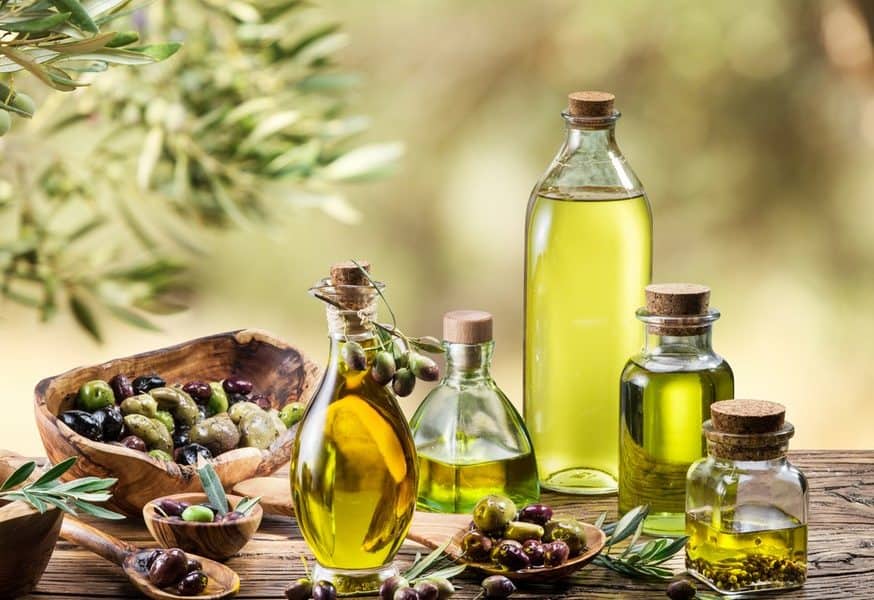
a) Avoid buying olive oil from itinerant and anonymous sellers.
b) To choose branded packaged extra virgin olive oil for safety.
c) To buy from sales stores where they can return the product.
Giannis Karvelas, olive oil business consultant director of Paratus Europe, gave us all the information and advice.

